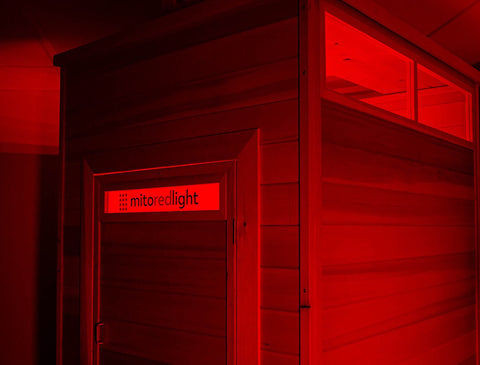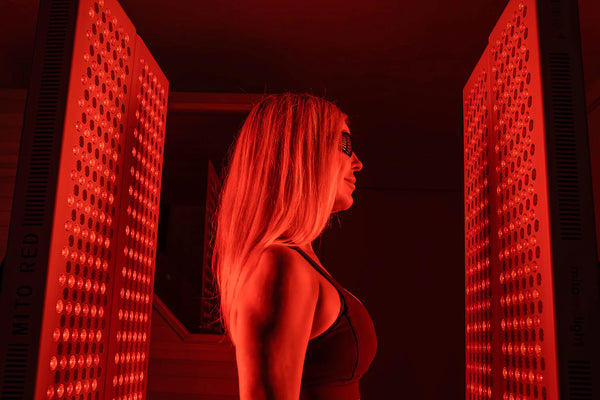Abstract
Previous in vivo and in vitro studies have reported that low-level diode laser therapy induces a biostimulatory effect, such as cell proliferation. The aim of the present study was to evaluate whether the laser irradiation of osteoblast-like cells (MG-63) can modify alkaline phosphatase activity (ALP), antigenic profile, and phagocytic capacity. The MG-63 cell line was exposed to diode laser (ezLase) of 940 nm at 1-1.5 W/cm(2) and 3-4 J. ALP was evaluated by a spectrophotometric technique and antigenic expression analysis (CD 54, CD80, CD86, HLA-DR), and phagocytic activity was analyzed by flow cytometry. At 24 h, the treated groups showed an increased ALP, and the highest increase versus controls (P = 0.002) was at the dose of 1 W/cm(2) and 3 J; this modulation of the antigenic profile translated into a reduced expression of CD54, CD86, and HLA-DR and a slightly decreased phagocytic capacity with respect to the nonirradiated control group at the different intensities and fluencies assayed. These results demonstrate that laser therapy can exert a biostimulatory effect on osteoblastic cells at different levels, which may be clinically useful in the regeneration of bone tissue.




















